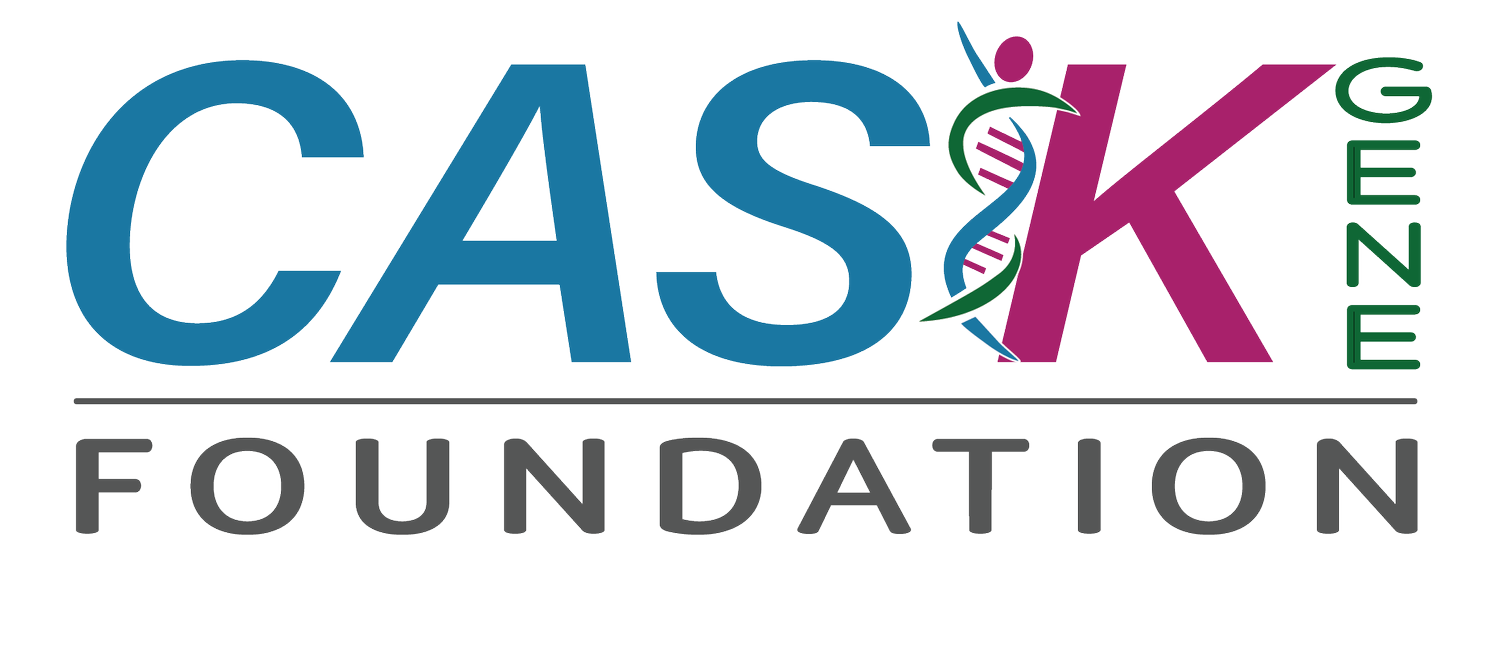
Ocular Focus Study
This focused portion of the CASK Registry Natural History Study is being conducted by Konark Mukherjee, Ph.D., MBBS, in partnership with CASK Gene Foundation (CGF), using de-identified data gathered and curated by CGF. Please read Konark’s brief study description below and then decide if you are interested in participating.
Q&A Sessions Available
If space is available, you may click on an option listed here, to attend a virtual Q&A with Dr. Konark Mukherjee to learn about this study and ask questions about his work.
About the Study
Mutations in the CASK gene result in structural and functional changes in many parts of the brain. Although the cerebellum and pons are disproportionately affected, hearing and visual pathways are also known to be affected.
My interest in this study is to learn specifically more about the changes in the vision pathway. Vision is central to learning, and changes in vision may make learning more challenging. Importantly, eyes develop from neuroectodermal tissue and surrounding mesenchyme, in fact the neuroretina and optic nerve are part of the central nervous system. Therefore, the changes within these structures are likely to inform us about how loss of CASK is affecting the nervous system.
Previously we have done such studies using a mouse model. However, there are several drawbacks in these studies which include 1) the mouse visual structure/function is significantly different than that of human and 2) the mice used are isogenic, that is genotypically they are identical due to generations of inbreeding. Therefore, the phenotypes observed in mouse models are very uniform and do not reflect the diverse conditions noted in humans, who have a wider variety of specific gene mutations.
In the current study we will be collaborating with the CASK Registry to identify ocular conditions in a cohort of subjects and try to understand the structure/function relationship. We are interested in all ocular conditions ranging from megalocornea and myopia to strabismus and nystagmus to optic atrophy and glaucoma. We will be looking for any clinical data or images that document any diagnoses relating to the eyes, or which document the absence of any such diagnoses.
Having this information will not only help us move our studies forward but will also serve as a guide for clinicians in the future and improve the quality of care for those with CASK-related disorders.
Format(s)
This study requires a call or virtual visit with a CASK Registry team member, and the submission of, or access to additional genetic and ophthalmology medical records to validate findings related to the eyes.
Eligibility
To be eligible for this study, survey respondents should either be an individual with a CASK gene mutation or be the primary legal guardian and caregiver of an individual with a CASK gene mutation. This mutation must be genetically confirmed, and not just suspected. This study does not require the presence of any known vision-related diagnosis or suspected vision problems. Because this is a focused portion of the larger CASK Registry Natural History Study, participants are selected from among those in the CASK Registry.
How to Enroll
Enrollment for this study may be found within the CASK Gene Matrix patient portal. Portal account holders can log in at cask.acrossmatrix.com and find the enrollment form on their dashboard under the heading for “Choose Your Studies.” If you do not yet have an account, then access to the CASK Gene Matrix services can be requested by filling out a new or updated registration form and checking the box to request a CASK Gene Matrix patient portal account.


